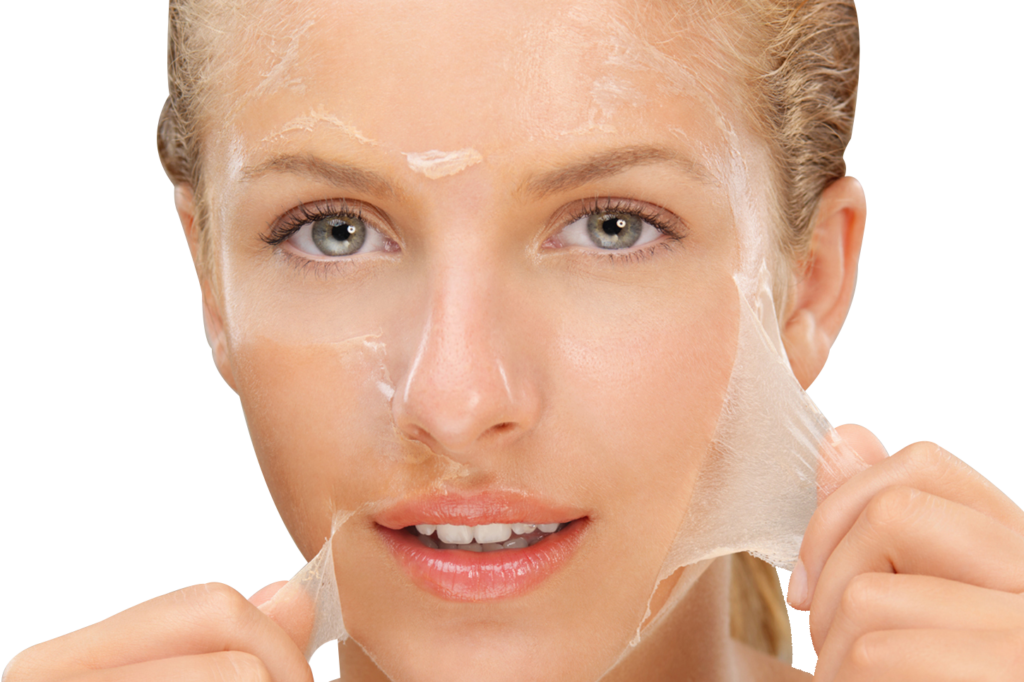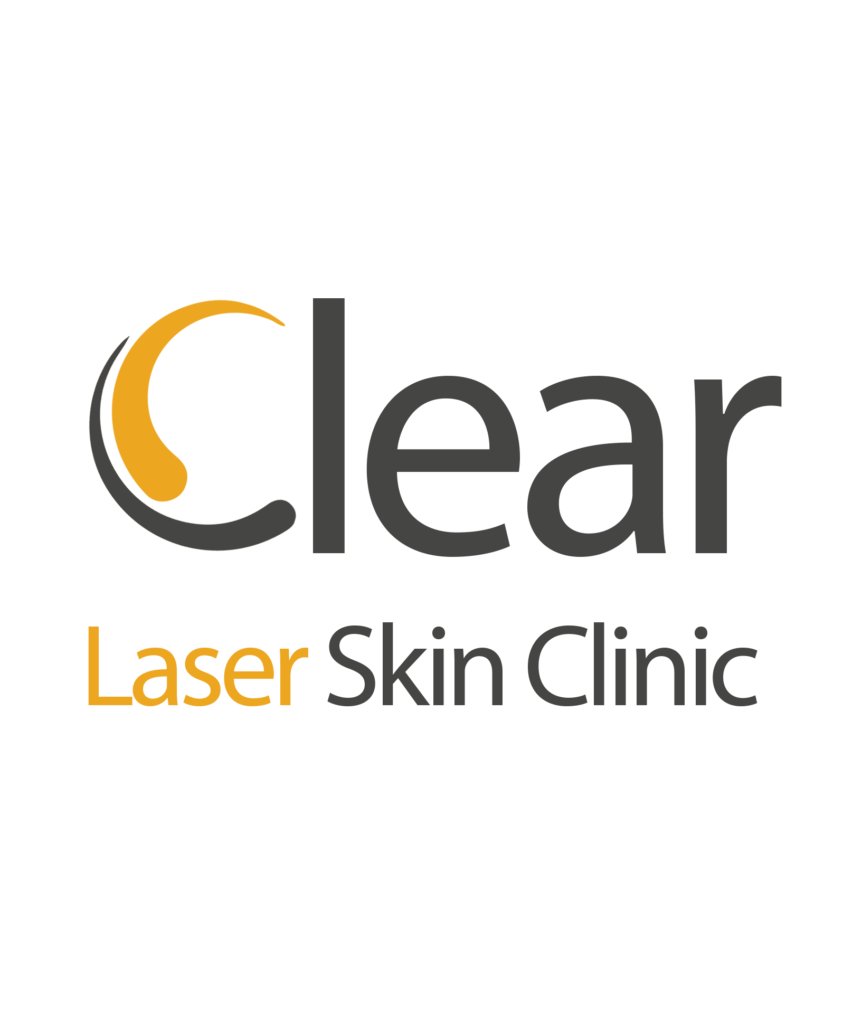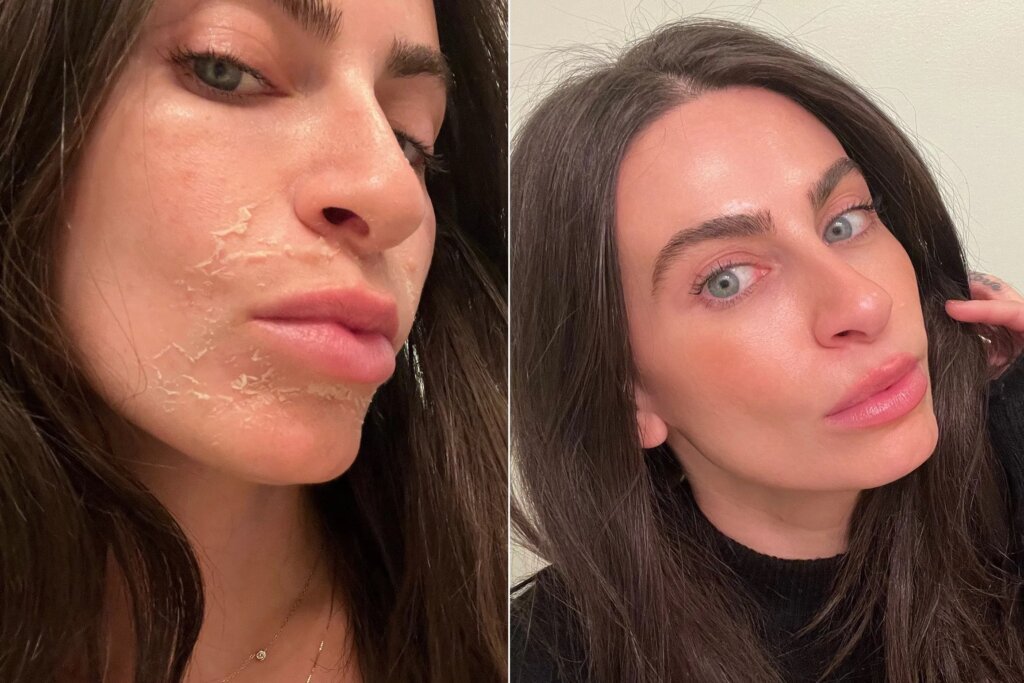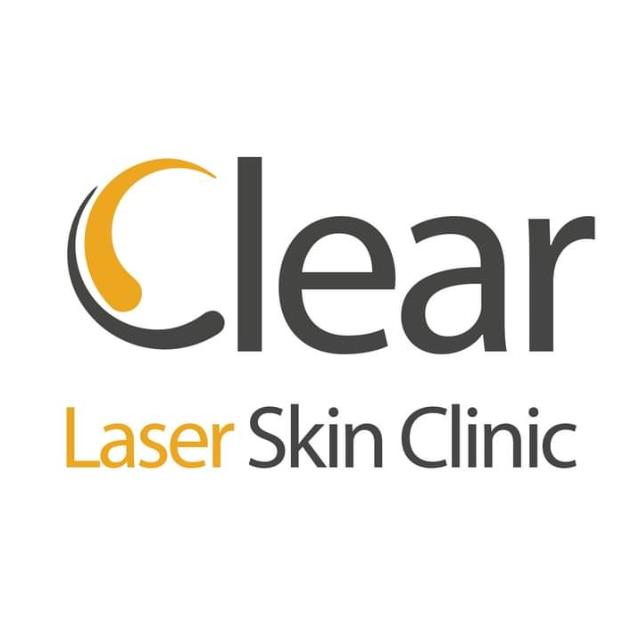Does Cold Peeling Suit Sensitive Skin?
Cold peeling is a popular skincare treatment praised for its ability to rejuvenate the skin, but the question remains: Does cold peeling suit sensitive skin? In this article, we will explore the various techniques involved in cold peeling, discuss its numerous benefits, showcase Dr. Reem Taryaq’s expertise in this field, and explain why she chooses Clear Laser for these procedures. Additionally, we will break down the steps, as well as provide essential tips before and after the treatment, ensuring that you are well-informed.
Understanding Cold Peeling
Cold peeling, also known as cryo-peeling, is a non-invasive treatment that utilizes low temperatures to help the skin shed dead cells. This technique is particularly effective for individuals looking to refresh their complexion without the downtime often associated with more invasive procedures.
But you may wonder, Does cold peeling suit sensitive skin? The answer is nuanced. While cold peeling can be beneficial for sensitive skin types, it’s crucial to consider the specific needs and conditions of the skin. For instance, cold peeling is designed to be gentle yet effective, which may make it a suitable option for those with sensitivity. Therefore, consulting with a skincare professional, such as Dr. Reem Taryaq, can help determine if this treatment is appropriate for your skin type.
Techniques of Cold Peeling
Several techniques can be employed during a cold peeling session. Typically, these may include:
- Cryotherapy: This involves applying a cold liquid nitrogen spray onto the skin to create a controlled freeze. This method helps in exfoliating dead skin cells and stimulating new cell growth.
- Cryo-Sticks: These are metal rods that are cooled to a low temperature and can be used to massage the skin, providing both cooling and a refreshing sensation.
- Ice Packs: Some professionals may also use ice packs or ice cubes wrapped in a cloth to gently massage over the skin, which helps to reduce inflammation and soothe irritation.
The choice of technique largely depends on the practitioner’s assessment of the skin’s condition and the specific needs of the patient.

Benefits of Cold Peeling
So, what are the benefits of cold peeling, especially for sensitive skin? Here are several advantages:
- Exfoliation: Cold peeling gently removes dead skin cells, helping to improve skin texture and clarity.
- Reduced Inflammation: Cold temperatures can constrict blood vessels, reducing redness and inflammation associated with sensitive skin.
- Improved Circulation: The treatment stimulates blood flow, promoting healthier and more radiant skin.
- Healing Properties: The cold can also aid in the healing of minor skin irritations and reduce the occurrence of breakouts.
- Versatility: Cold peeling can be tailored to suit various skin types, making it a versatile option for many individuals.
The Expertise of Dr. Reem Taryaq
Dr. Reem Taryaq is a renowned dermatologist with extensive experience in non-invasive skin treatments, including cold peeling. Her understanding of Does cold peeling suit sensitive skin? stems from years of dealing with various skin conditions and types. With a focus on individual needs, Dr. Taryaq ensures that her patients receive tailored treatments that align with their unique skin requirements.
Why Choose Clear Laser?
Dr. Reem Taryaq has chosen Clear Laser as her practice for several compelling reasons. Firstly, Clear Laser is equipped with state-of-the-art technology and a team of certified professionals who are committed to delivering exceptional care. Moreover, the clinic’s focus on personalized treatment plans resonates with Dr. Taryaq’s philosophy of prioritizing patient well-being.
Additionally, Clear Laser has established a reputation for providing safe and effective treatments, which is crucial when addressing sensitive skin. By working in a controlled environment, Dr. Taryaq is able to offer advanced techniques in cold peeling that maximize benefits while minimizing risks.

Steps of Cold Peeling
For those considering this treatment, understanding the steps involved can help demystify the process:
- Consultation: The journey begins with an in-depth consultation where Dr. Taryaq assesses your skin and discusses your concerns.
- Preparation: This may include cleansing the skin and applying a topical anesthetic to ensure comfort during the procedure.
- Application: Depending on the chosen technique, Dr. Taryaq will apply the cold treatment directly to the skin.
- Post-Treatment Care: After the session, the skin may be soothingly treated with moisturizers or protective products.
- Follow-Up: A follow-up appointment may be scheduled to monitor progress and determine if additional sessions are needed.
Tips Before and After Treatment
To achieve the best results from cold peeling, consider these essential tips before and after the procedure:
Before Treatment:
- Hydrate: Drink plenty of water to keep your skin hydrated.
- Avoid Sun Exposure: Minimize sun exposure leading up to the treatment to reduce the likelihood of irritation.
- Communicate: Be open with Dr. Taryaq about your skin type and any concerns.
After Treatment:
- Moisturize: Keeping the skin moisturized is crucial following the treatment to aid in recovery.
- Limit Makeup: Avoid heavy makeup for a few days to prevent irritation.
- Follow Instructions: Adhere to any specific aftercare instructions provided by Dr. Taryaq.

Conclusion
In summary, Does cold peeling suit sensitive skin? The answer generally leans toward a resounding yes, provided it is performed by a skilled professional like Dr. Reem Taryaq. Cold peeling offers a range of benefits, ensuring that individuals with sensitive skin can achieve a refreshed, clearer complexion.
By utilizing advanced techniques and focusing on individualized care at Clear Laser, Dr. Taryaq exemplifies how effective cold peeling can be for those looking to revitalize their skin. With the right preparation and aftercare, patients can enjoy the positive effects of this innovative treatment method.
By keeping these insights in mind, you can make an informed decision about whether cold peeling is appropriate for your sensitive skin. Always consult with a qualified dermatologist to ensure that you choose the best course of action for your skincare journey.

